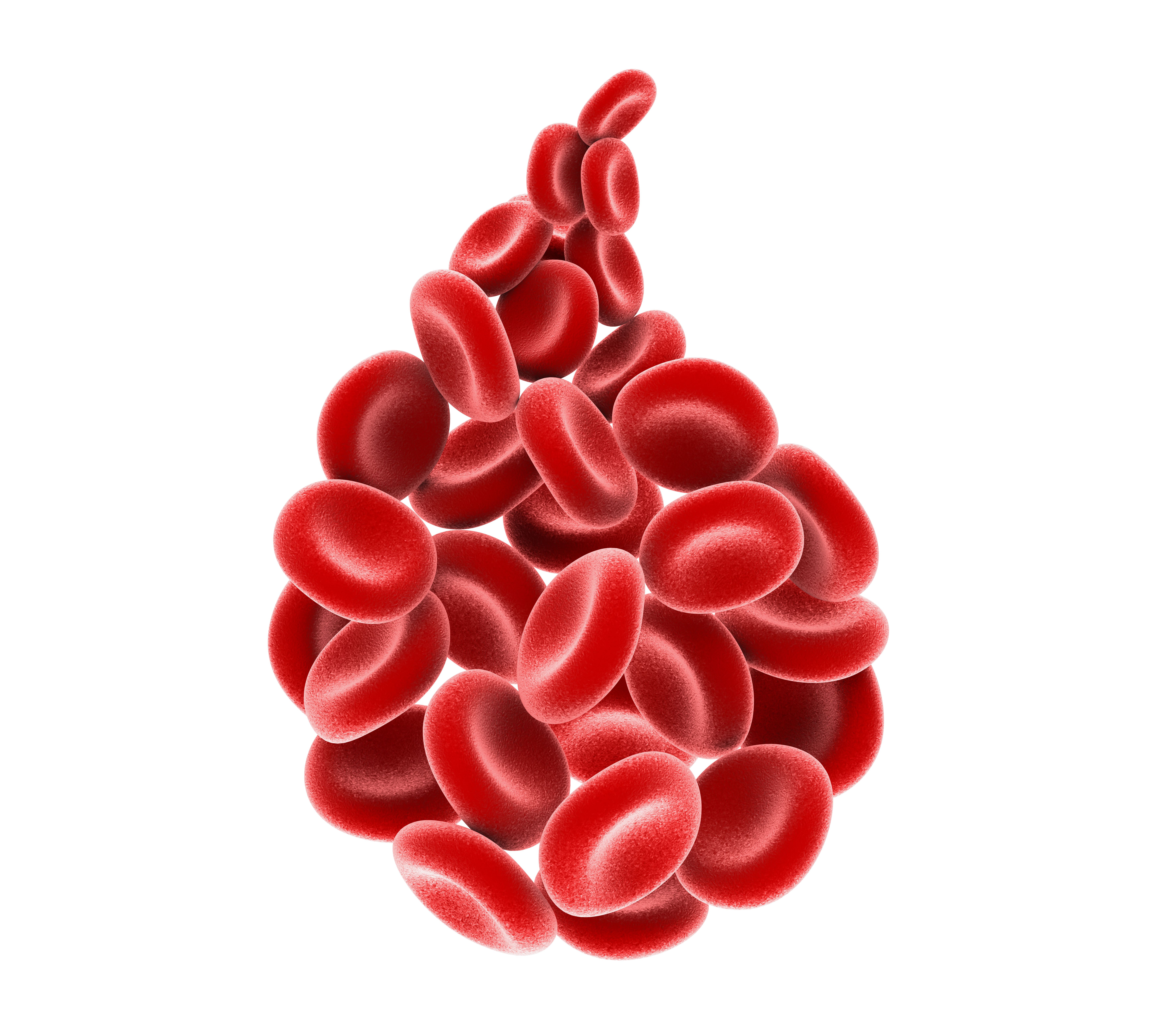Blinatumomab-Related ICANS Symptoms More Prevalent Than Prior Reports
An objective assessment tool like the ICE Score may standardize grading of neurotoxicity associated with newer bispecific antibodies in hematologic cancer.
“Utilizing an objective assessment tool, such as the Immune Effector Cell Encephalopathy [ICE] Score, would standardize nursing assessment and grading of neurotoxicity like newer bispecific antibodies and potentially prevent treatment interruptions due to more mild symptoms," according to study author Jessica [RC1] Miles, MS, RN, CNS, AOCNS, BMTCN.

The incidence of symptoms consistent with immune effector cell-associated neurotoxicity syndrome (ICANS) following treatment with blinatumomab (Blincyto) was found to be higher than what prior reports demonstrated, according to findings from a poster presentation at the 50th Annual Oncology Nursing Society Conference.1
Of 28 patients who received blinatumomab, 57% experienced any neurotoxicity, and 46% had any aphasia and/or encephalopathy. Approximately 25% of aphasia and/or encephalopathy events were grade 3.
Data showed that the most common neurotoxicity symptoms included headache (69%), encephalopathy (69%), tremors (63%), and aphasia (38%). Additionally, dizziness and paresthesia occurred in 19% and 13% of patients, respectively.
Regarding toxicity intervention strategies, investigators stopped blinatumomab infusion for an equal proportion of patients with grade 2 and grade 3 events. However, initiating prophylaxis with steroids was more common for patients with grade 2 toxicities compared with those who had grade 3 events.
“Our study population experienced a higher rate of symptoms consistent with ICANS compared to what has been reported. Implementation of interventions was not consistent between grade 2 and grade 3 symptoms,” lead study author Jessica Miles, MS, RN, CNS, AOCNS, BMTCN, a clinical nurse specialist in oncology at University of California Davis Medical Center, wrote with coauthors.1 “Utilizing an objective assessment tool, such as the Immune Effector Cell Encephalopathy [ICE] Score, would standardize nursing assessment and grading of neurotoxicity like newer bispecific antibodies and potentially prevent treatment interruptions due to more mild symptoms.”
Regarding the study’s rationale, investigators noted that bispecific antibodies like blinatumomab are known to cause ICANS, which is graded using the ICE Score as a screening and diagnosis standard. ICANS, however, was defined following the approval of blinatumomab and not included in studies assessing treatment with the bispecific antibody.
According to the 2024 prescribing information for blinatumomab, the rate of signs and symptoms consistent with ICANS was 7.5% in clinical trials evaluating the agent.2 Additionally, the label recommends withholding treatment with blinatumomab in the event of grade 3 neurotoxicity.
Based on this context, investigators aimed to evaluate the incidence and symptoms of neurotoxicity related to blinatumomab while identifying patterns in interventions for mitigating these toxicities. As part of a retrospective cohort study, investigators assessed adult patients who underwent treatment with blinatumomab between 2020 and 2023. Data evaluation involved an electronic record review, and investigators used descriptive statistics to analyze patient outcomes.
According to the prescribing information for blinatumomab, the FDA initially approved the agent for intravenous use in 2014. The anti-CD19 T-cell engager is indicated for use in adult and pediatric patients with CD19-positive B-cell precursor acute lymphoblastic leukemia (ALL) in first or second complete remission with minimal residual disease (MRD) expression of at least 0.1% and those with relapsed/refractory CD19-positive B-cell precursor ALL.
Blinatumomab is contraindicated for patients with known hypersensitivity to the agent or any of its components. Additionally, the labelling includes warnings and precautions for the possibility of cytokine release syndrome, ICANS, infections, tumor lysis syndrome, neutropenia, elevated pancreatitis, leukoencephalopathy, and embryo-fetal toxicity.
Investigators assessed the efficacy of blinatumomab for patients with MRD-positive B-cell precursor ALL in the BLAST study (NCT01207388). Overall, 70 patients (81.4%; 95% CI, 71.6%-89.0%) achieved undetectable MRD, and the median hematological relapse-free survival was 22.3 months.
The open-label TOWER study (NCT02013167) evaluated blinatumomab vs standard-of-care chemotherapy among patients with relapsed/refractory B-cell precursor ALL.Data showed a median overall survival of 7.7 months (95% CI, 5.6-9.6) with blinatumomab vs 4.0 months (95% CI, 2.9-5.3) with chemotherapy (HR, 0.71; 95% CI, 0.55-0.93; P = .012).
References
- Miles J. Unraveling blinatumomab-associated neurotoxicity: incidence and interventions. Presented at the 50th Annual Oncology Nursing Society Conference; April 9-13, 2025; Denver, CO. Poster RS104.
- BLINCYTO® (blinatumomab) for injection, for intravenous use. Prescribing information. FDA; 2024. Accessed April 8, 2025. https://tinyurl.com/3y9fx5ms
2 Commerce Drive
Cranbury, NJ 08512
All rights reserved.